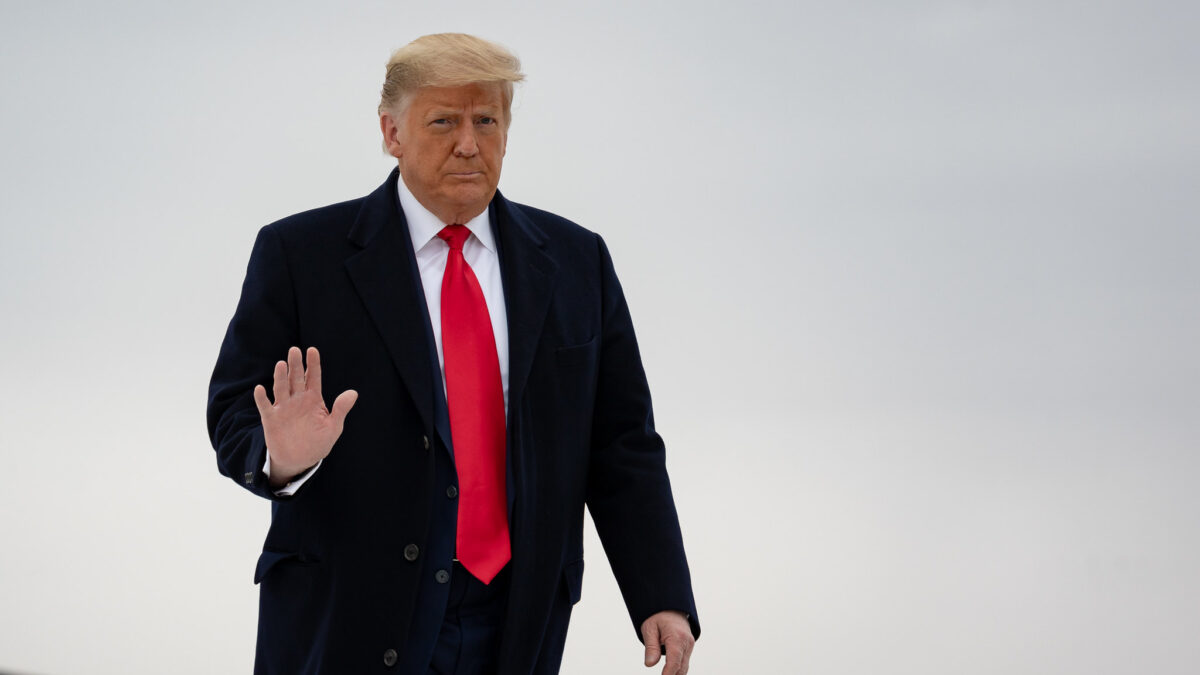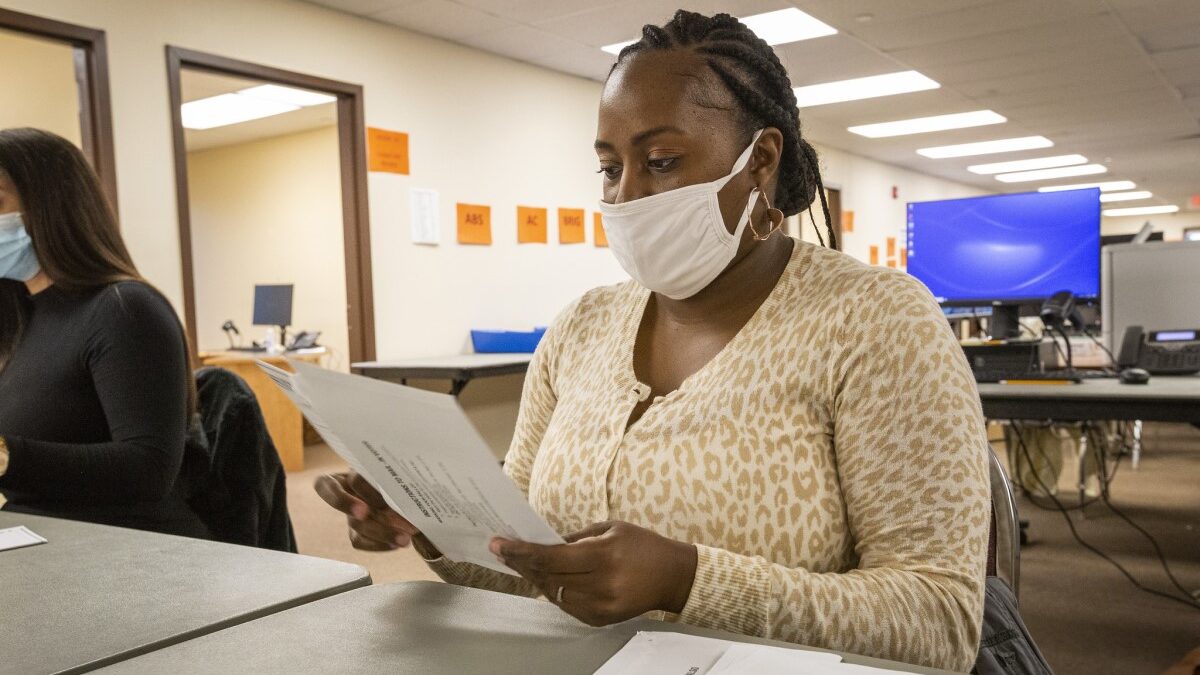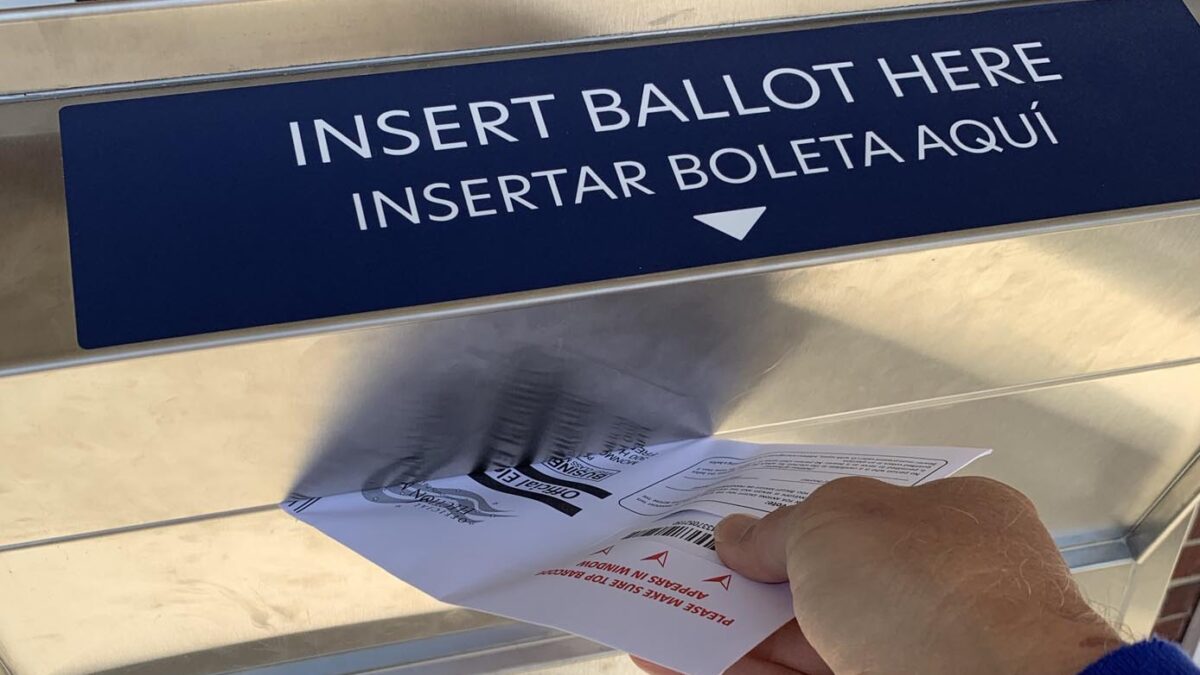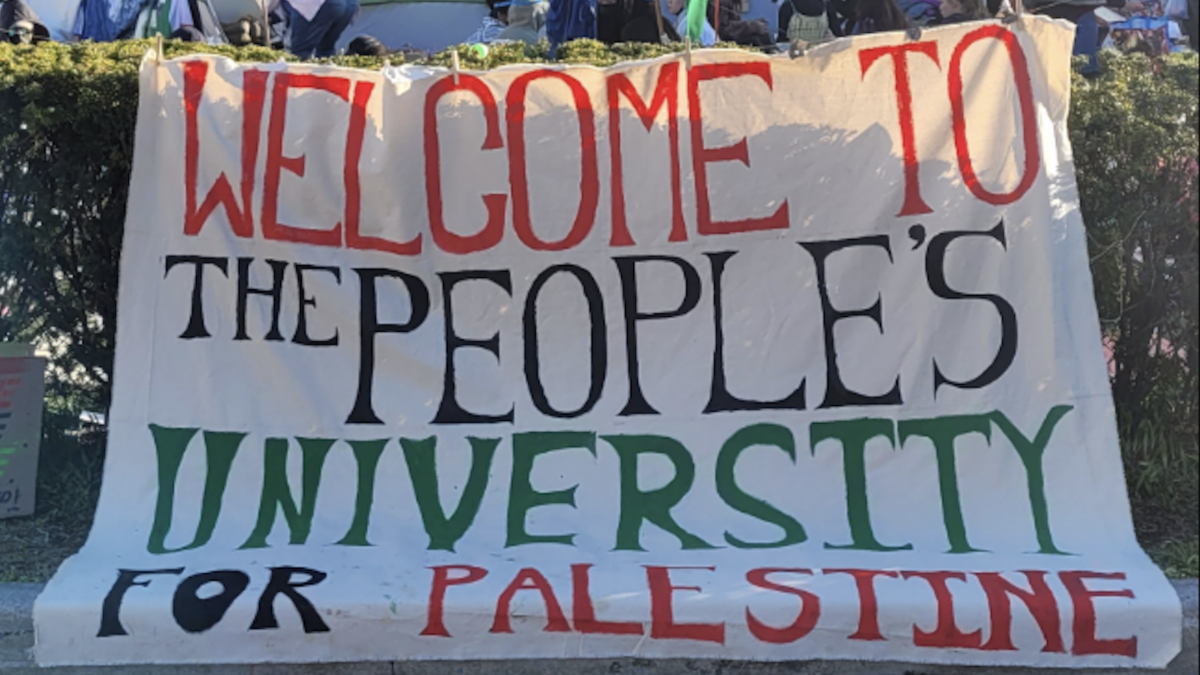Virginia Democrats have inserted an amendment to the Virginia budget that would forbid even the most basic audit of the 2024 election.
The budget amendment reads, “[A] risk-limiting audit of a presidential election or an election for the nomination of candidates for the office of president shall not be conducted.”
The risk-limiting audit (RLA) is a process designed to confirm that the machine count of ballot results matches the physical ballots that have been preserved. The RLA process begins with a relatively small number of randomly selected ballots and expands its scope until statistical near-certainty that the machines have accurately reported the paper ballot results has been reached.
After the 2020 election, the Virginia State Board of Elections expanded the methods available for RLAs to include a type called the batch-comparison method. The batch comparison RLA selects a few precincts in each locality to be hand-counted. The audit results check whether the voting machine count matches the paper ballots that passed through them. This method has been used successfully in Virginia since the 2020 election and is an important component of an overall audit process to reassure the public that their elections are truly free and fair.
Partisan efforts to thwart election integrity in Virginia have recently intensified after citizen activism has moved Virginia toward greater election transparency and accountability. For example, Virginia statute 24.2-671.2 currently requires statewide risk-limiting audits. Today, Virginia is one of only several U.S. states that require risk-limiting audits by statute.
Risk-limiting audits only ask whether machine results match the physical ballots. RLAs, an important check on any election that employs voting machines, represent a step in the right direction. However, since the machine is only one of many points at which an election could be compromised, risk-limiting audits alone are insufficient to verify the accuracy of any election.
An adequate post-election audit would therefore include a risk-limiting audit but wouldn’t stop there. Meaningful audits should also confirm whether all the paper ballots were real; whether every ballot counted was cast only by an eligible voter; whether every ballot (such as a mail-in ballot) was cast by the citizen to whom it pertained, and not by some other person; whether every eligible citizen who voted did so only once; whether the voter was unlawfully influenced; and whether votes were received in a lawful manner and within the legal parameters of time, place, and procedure. Those who advocate for RLAs alone often assume that all these other things are already true from the start.
Meaningful election audits build public confidence in the election process. When security measures are removed, the people have no assurance that their voices are being heard.
The Democrat opposition even to the most minimal type of audit should probably lead any reasonable person to ask “why?” Since honest elections benefit everyone, what would motivate efforts to prevent even the most basic confirmation of election results? In other words, what are they trying to hide? Especially given the fact that one such Virginia post-election audit in 2020 did find a roughly 4,000-vote reporting error in Prince William County that wrongly favored Donald Trump, what could make Democrats wish to now outlaw risk-limiting audits in 2024?
Such questions are front-of-mind for many Americans after defenders of the 2020 election stonewalled meaningful audits at every turn and ran down the clock until the statutory 22-month period for preservation of election materials expired in September-October of 2022. If it’s true that validation of the election results by way of actual and robust audits of machines, processes, and people would have vindicated Joe Biden and deeply embarrassed Donald Trump, every American should be wondering why they were resisted so vigorously.
It is certainly possible that Democrats proposing the elimination of risk-limiting audits are baiting Republicans to fight for their preservation to set a low bar — that is, to establish the largely meaningless procedure as a benchmark for future elections: Make conservatives feel as though they have won when they get these table scraps.
But this is why ensuring election integrity requires thoughtfully asking the right questions. There are many people with the means, motives, and opportunities to interfere with our elections. Whether it’s the fast-talker running a shell game on the urban street corner or an interested party attempting to influence an election, misdirection and distraction are the keys to a successful scam.
Whatever the motive, Gov. Glenn Youngkin should reject the proposed prohibition of risk-limiting audits in the 2024 Virginia election. What’s more, as citizens continue to insist upon risk-limiting audits, they must not set their sights so low. Since honest elections are the cornerstone of our system of self-governance and the primary process by which we hold our elected officials accountable, and since the opportunities for election cheating in many parts of our nation have never been greater, all Americans should demand security, chain-of-custody, transparency, and meaningful quality checks in every election.
Defeating the current attack on transparency will be a victory, but it’s only a start.









